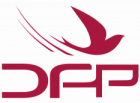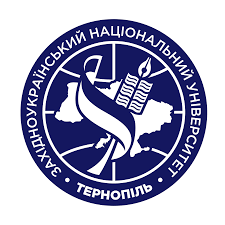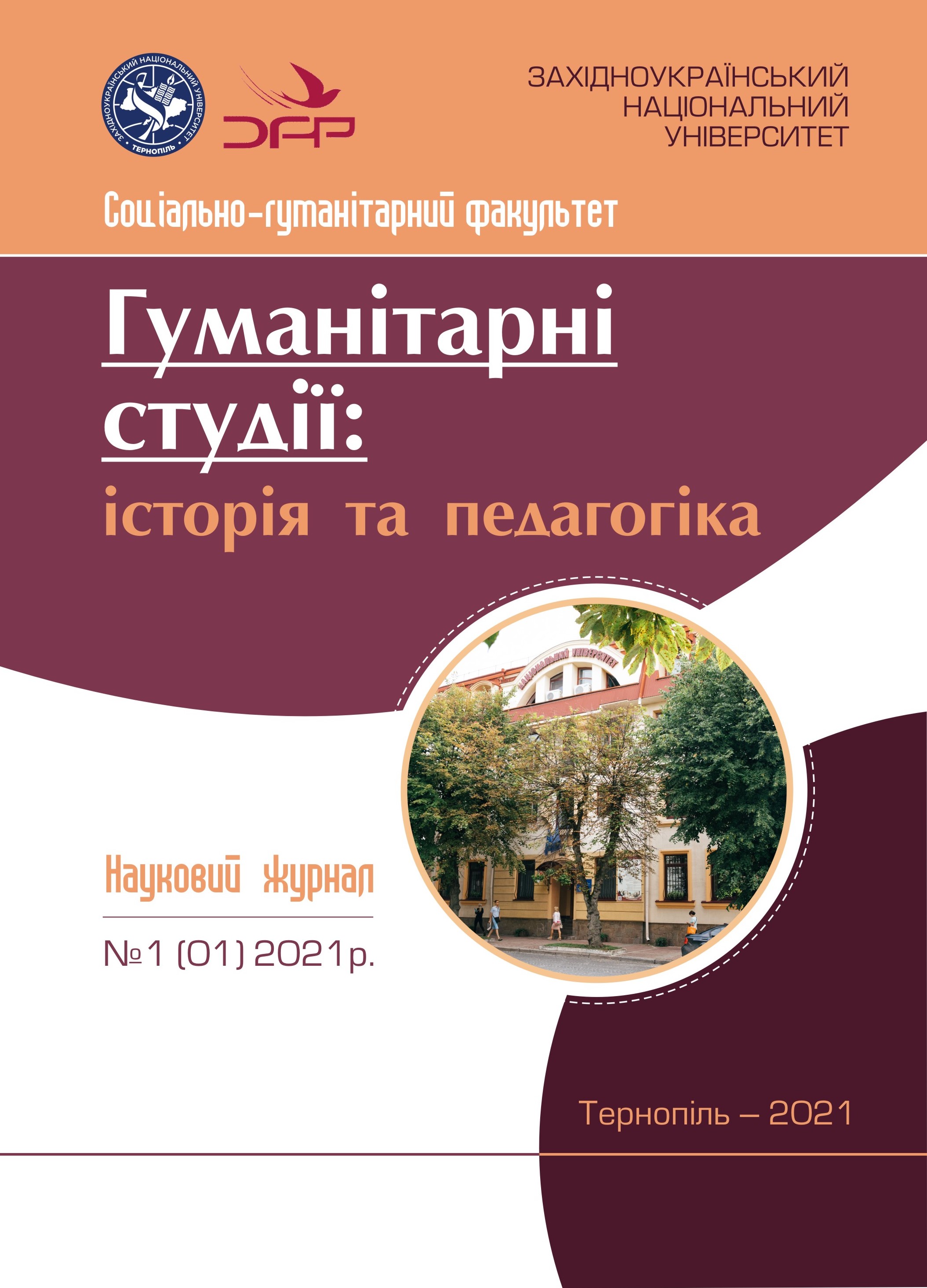Peculiarities of functioning the government and office language in the Ukrainian cossack-hetman state
Анотація
The search for the origins of modern problems of language policy in Ukraine and the best ways to solve them encourages the analysis of the state-building processes and the history of the Ukrainian language. Linguists and political scientists, in particular W. von Humboldt, H. Steinthal, K. Vossler, F. de Saussure, Sapir, B. Whorf, V. Vynohradov, O. Potebnya, L. Mats’ko, L. Nikol’s’ky, O. Kuts’, I. Lopushyns’ky, I. Plotnyts’ka and others repeatedly emphasized the decisive role of language in state-building.
Artifacts of the Ukrainian literary language of the 17th–18th centuries, in particular examples of business and official writing, record elements of the live oral speech at all language levels, which further influenced the formation of the norms of the new Ukrainian literary language, initiated a new official business speech. Developed business writing forms, specific terminology were inherited by modern documentation.
Systematically arranged and published act books of the 17th–18th centuries, universals and documents of B. Khmelnyts’ky, I. Mazepa, business documentation of the Hetmanate of the 17th century, artifacts of the business official language of Volyn’ and the Dnieper region of the 17th century, business and vernacular of the 18th century testify that the Ukrainian government-office language functioned not only in the internal, but also in the external official communication. It covered the spheres of socio-political, socio-economic life of the people, legal relations, public administration, court, business relations and others. However, not all published documents can be researched from the linguistic point of view, as they are not presented systematically, with some changes in the graphic system of the document. Therefore, for the historical and stylistic analysis it is best to use handwritten original sources. Comprehensive linguistic study of the written artifacts of the 17th–18th centuries on different time and different territorial source base will complement the theoretical developments in the fields of the historical stylistics, history of the Ukrainian language, linguistic source studies, diplomacy, etc.
Poszukiwanie genezy współczesnych problemów polityki językowej w Ukrainie i najlepszych sposobów ich rozwiązywania skłania do analizy procesów państwotwórczych i historii rozwoju języka ukraińskiego. Decydująca rola języka w tworzeniu państwa była wielokrotnie podkreślana w pracach takich lingwistów, politologów, jak m.in. W. von Humboldt, H. Steinthal, K. Vossler, F. de Saussure,
- Sapir, B. Whorf, V. Vinogradov, O. Potebnia, L. Matsko, L. Nikolski, O. Kuts,
- Lopushinsky, I. Plotnytska.
Zabytki ukraińskiego języka literackiego XVII-XVIII wieku, w szczególności teksty piśmiennictwa urzędowego, zawierają elementy żywego języka ludowego na wszystkich poziomach językowych, które w przyszłości miały wpływ na kształtowanie norm nowego ukraińskiego języka literackiego oraz zapoczątkowały nową mowę urzędowo-biznesową.
Uporządkowane i wydane księgi aktowe z XVII-XVIII wieku, uniwersalia i dokumenty B. Chmielnickiego, I. Mazepy, dokumentacja urzędowa Hetmańszczyzny z XVII wieku, zabytki języka urzędowego Wołynia i Naddnieprza z XVII wieku, języka urzędowego i potocznego języka ludowego z XVIII wieku świadczą o tym, że ukraiński język urzędowo-kancelaryjny funkcjonował nie tylko w komunikacji wewnętrznej, ale również zewnętrznej. Obejmowała ona sferę społeczno-politycznego i społeczno-gospodarczego życia narodu, stosunków prawnych, administracji publicznej, sądownictwa, stosunków gospodarczych itd. Jednak nie wszystkie opublikowane dokumenty mogą zostać zbadane pod kątem lingwistycznym, ponieważ są one prezentowane niesystematycznie, z pewnymi zmianami w systemie graficznym dokumentu. W związku z tym, w celu przeprowadzenia analizy historyczno-stylistycznej najlepiej jest korzystać z oryginalnych tekstów odręcznych. Wszechstronne badanie lingwistyczne zabytków piśmiennictwa z XVII-XVIII wieku przeprowadzone na bazie źródeł pochodzących z różnych okresów oraz obszarów terytorialnych uzupełni opracowania teoretyczne z zakresu stylistyki historycznej, historii języka ukraińskiego, źródłoznawstwa lingwistycznego, dyplomacji itp.
Посилання
Словарь живого народного письменного и актового языка русских южан Российской и Австро-Венгерской империи / сост. Ф. Пискунов. Киев, 1882. С. 50.
Кушнерук С. П. Документная лингвистика (русский деловой текст) : учебное пособие. Волгоград : Издательство Волгоградского государственного университета, 1999. С. 36– 37.
Ділова документація Гетьманщини ХVІІІ ст. : зб. док. / упоряд., авт. передм. та комент. В. Й. Горобець ; відп. ред. Л. А. Дубровіна. Київ : Наукова думка, 1993. С. 248–249.
Горобець В. Й. Проблеми жанрово-стилістичної атрибуції актових джерел XVIII ст. Рукописна та книжкова спадщина України : Археографічні дослідження унікальних архівних та бібліотечних фондів. 1994. Вип. 2. С. 73.
Панашенко В. В. Палеографія українського скоропису другої половини XVII ст. (На матеріалах Лівобережної України). Київ : Наукова думка, 1974. С. 33.




